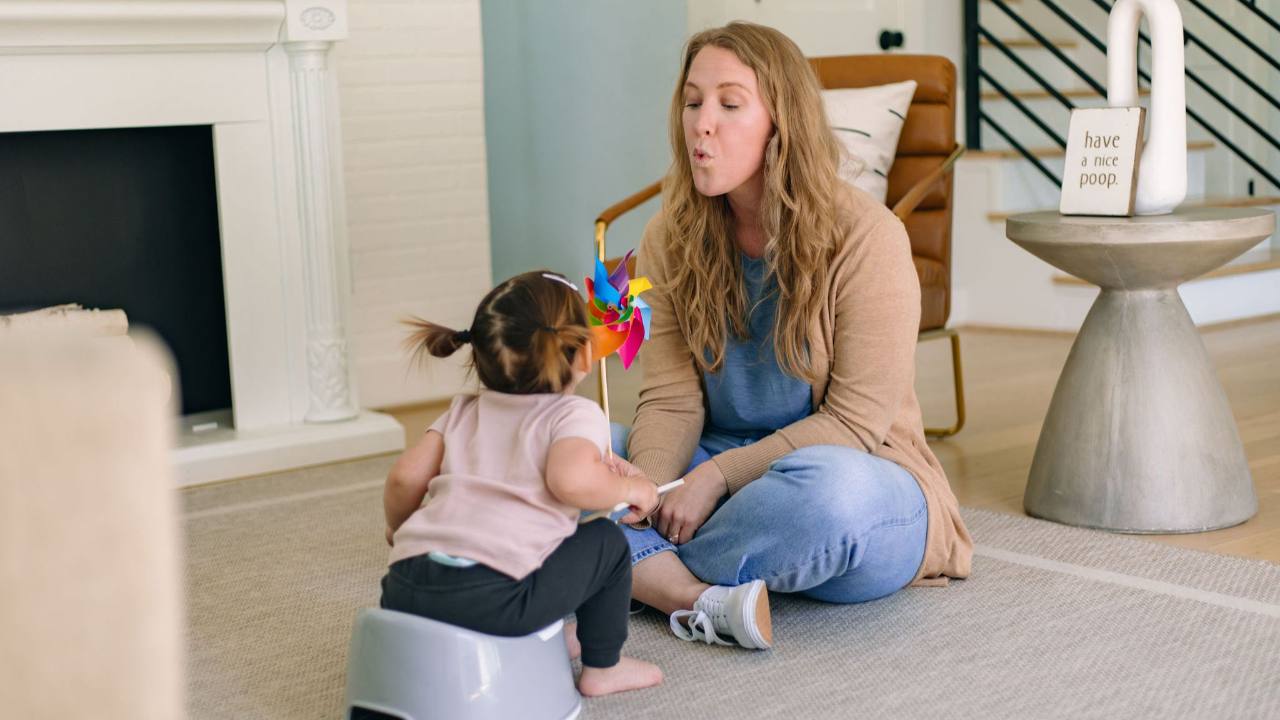Is this normal?
Hi there,
Today we are going to dive a little deeper into how your baby’s body tension, tummy time, and movement patterns can all play a role in pooping comfort, digestion, and more! It's sometimes so hard to spot and figure out why your baby is fussy so
💡 Is Your Baby Only Looking One Way?
Have you noticed your baby always looks to the right? Or rolls in just one direction? These little things can be early signs of tension or asymmetry in the body.
Whether it’s their go-to head turn in the car seat or the way they twist during diaper changes, these patterns tell us their body may be working a little harder than it needs to—and it could be affecting how they feel (and poop!).
🤔 Why Tension Matters for Digestion
Tension isn’t just about movement—it impacts comfort. When babies feel tight or imbalanced, they may:
-
Resist tummy time or back time
-
Struggle to pass gas or poop
-
Experience challenges with feeding
Tightness can even start in the mouth (hello, tongue and lip ties!) and ripple through the whole body.
🧠 Fun Fact: Tummy Time = Poop Time Support
Tummy time isn’t just about neck strength. It actually supports digestion by:
-
Creating pressure through the abdomen to move stool
-
Building the core strength needed to push poop out (especially important as babies transition to solid foods)
-
Encouraging even movement and fascial balance across the body
And yes—tummy time starts from Day 1 (snuggled on your chest counts!).
Tips to Make Tummy Time More Tolerable
Tummy time doesn’t have to be a battle. If your baby isn’t a fan, try:
✔ Switching up the space—move to a new room or go outside
✔ Using your chest or a rolled towel under their chest for support
✔ Changing up toys, music, or lighting for a fresh environment
✔ Getting on the floor with them to offer face-to-face connection
Sometimes just changing the vibe can totally reset their experience.
🍎 Food Sensitivities & the Gut
Got a feeling food might be causing your baby discomfort?
-
Food allergies (IgE): Show up quickly, often tested with skin or blood.
-
Sensitivities (IgG): More delayed (up to 72 hours), and not picked up on standard allergy tests.
If you're navigating possible sensitivities:
-
Keep a simple food + symptom log
-
Introduce new foods slowly and one at a time
-
If your baby is constipated, it’s OK to pause solids and focus on bowel health first. We actually recommend this.
Healing the gut takes time—inflammation can linger for up to 3 months after removing a triggering food.
If you're noticing any of these signs in your little one—you're not alone, and there's help available.
Want to hear more and see things to start implementing? Check out our full free webinar "Help, is this normal: Infant Edition"!
We are in this together!
Dr. Caitlin & Dr. Melissa, Founders of The Little Learning Lav





Responses